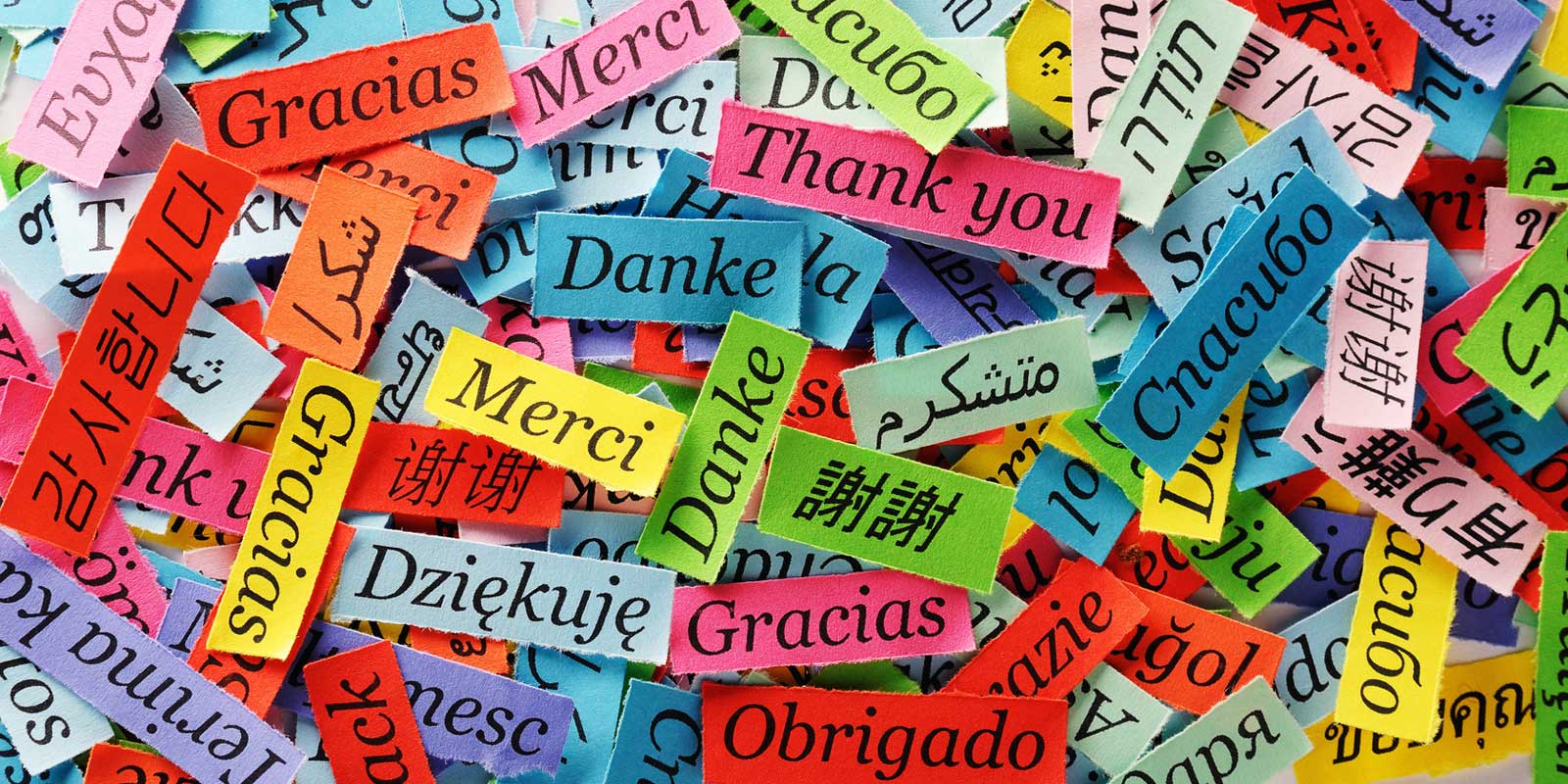Imagine the international envy if Canada took the bold step of modernizing the Official Languages Act to consist of an Indigenous language. It would be a courageous step in the development of reconciliation when there may be no relationship more vital than that with Indigenous peoples.
Now is the time for one of these bold steps; 2019 marks the 50-12 months anniversary of the Official Languages Act, the 20th anniversary of the Territory of Nunavut, and it’s also the UNESCO International Year of Indigenous Languages. Earlier this year, Melanie Joly, the minister of tourism, reputable languages, and the Francophonie, introduced that the federal authorities would keep a sequence of consultations intended to lead to an intensive modernization of the act.

Nunavut Inuit are proud Canadians, however, they are similarly and fiercely proud Inuit. Inuktut, our Inuit language, is the coronary heart of who we are. It is an essential issue of our collective identity. In Nunavut, the general public majority talks about Inuktut as their mom’s tongue. Unlike other jurisdictions in Canada, French and English are both minority languages in Nunavut. This is a unique fact that was certainly no longer considered in 1969 while the Official Languages Act changed into handed into law.
At the time, Nunavut as a political and geographic jurisdiction within Canada did now not exist. Through the advent of the Territory of Nunavut, Inuit estimated that Inuktut will be the operating language of the territorial public provider and that the packages and offerings introduced using this territorial public government could incorporate the Inuit language and, equally essential, the Inuit tradition and Inuit approaches of being.
The modernization of the Official Languages Act needs to capture the modern, modern jurisdictional map of Canada and recognize that Inuktut is the mom’s tongue and the language maximum used via the general public majority in Nunavut. This is essential if the act is to remain applicable and appropriate.
Indeed, the modernization of the Official Languages Act is an opportunity to recognize that the founding languages of this nation include Inuktut. Further, there’s a possibility to apprehend that instead of the widely propagated fable that Canada was founded on a linguistic duality, that, in truth, Canada is founded on a linguistic plurality.
In Canada, Inuktut is spoken across Inuit Nunangat. Inuit Nunangat is made out of the Inuvialuit Settlement Area in the Northwest Territories, Nunavut, Nunavik in northern Quebec, and Nunatsiavut in Labrador. Not simplest is it a language used throughout Inuit Nunangat in Canada; it’s miles a language used in Alaska and Kalaallit Nunaat (Greenland).
In Nunavut, Inuktut is declining at the rate of 1 in keeping with cent according to yr. At that price, in 30 years, Inuktut can be spoken at domestic by most effective 4 in step with cent of Nunavut Inuit. Nunavut Inuit are very young. With such a young population, the passing of language competencies turns into even greater essential. The significance of supporting Inuktut as Language of Instruction (LOI) informal education systems can not be over-emphasized.
One of the purposes of the federal Official Languages Act is to make sure that federal establishments’ powers, duties, and capabilities mirror the professional languages of Canada. In Nunavut, a jurisdiction of Canada, Inuktut is recognized territorially as an authentic language, alongside English and French. The majority of Inuit Canadians count on and need to acquire critical services in Inuktut. The Official Languages Act wishes to be modernized to verify and help the proper Inuit Canadians communicate with and acquire federal institutions in Inuktut.
With the federal government’s paintings on Bill C-91, the Indigenous Language Act, Inuit had been clean that essential services must be available, in Inuktut, for Inuit inside the regions of fitness, schooling, and justice. It is a matter of life and death. The model of Bill C-91 exceeded these days via the House of Commons fails to address key necessities. We keep to paintings thru the process, now in Senate Committee review, in the direction of possible amendments to C-91.
Reconciliation calls for that there be a quit to the inequitable treatment of Inuit. Inuit Canadians ought to no longer be dead because they’re unable to access and get hold of vital offerings on an equitable basis with different Canadians. What we anticipate, in our homelands, is that Nunavut Inuit can stroll with dignity and acquire the services that are available and similar to different Canadians who acquire services, of their very own language, in preference to depending informally on loved ones to interpret. Accessing such offerings is a primary human right that should be upheld for all Canadians.









